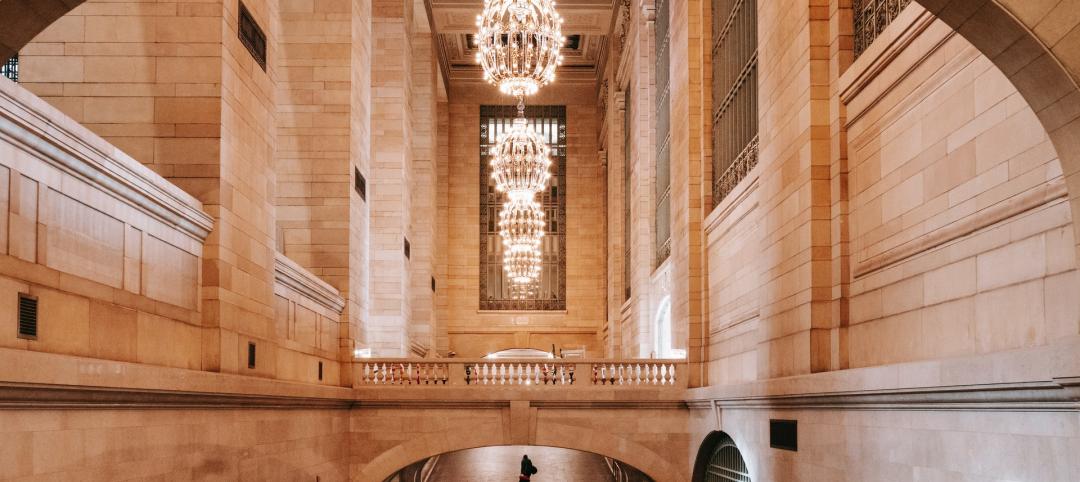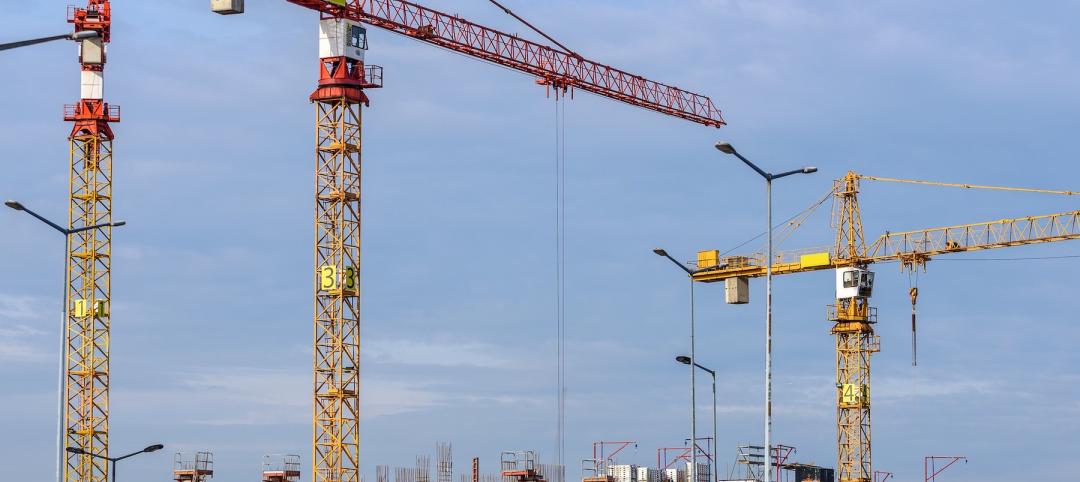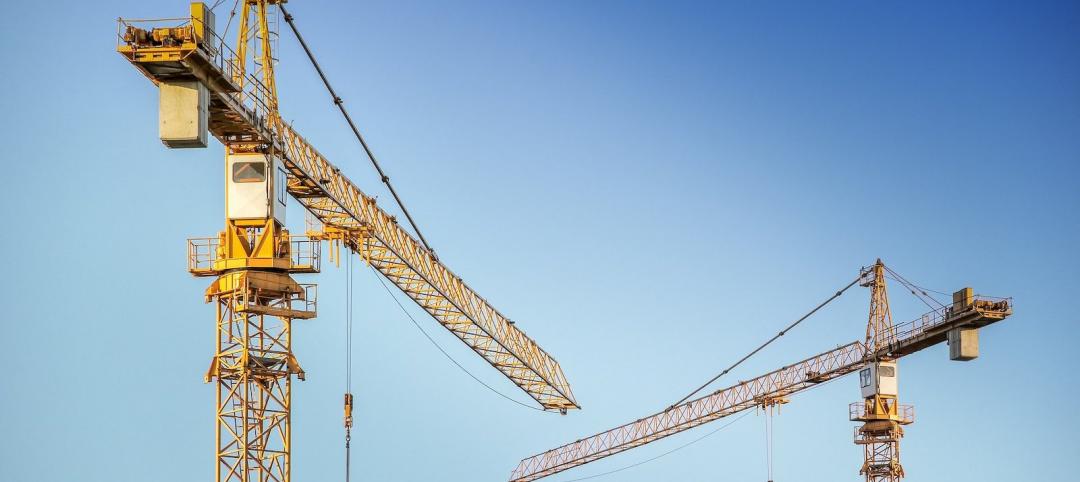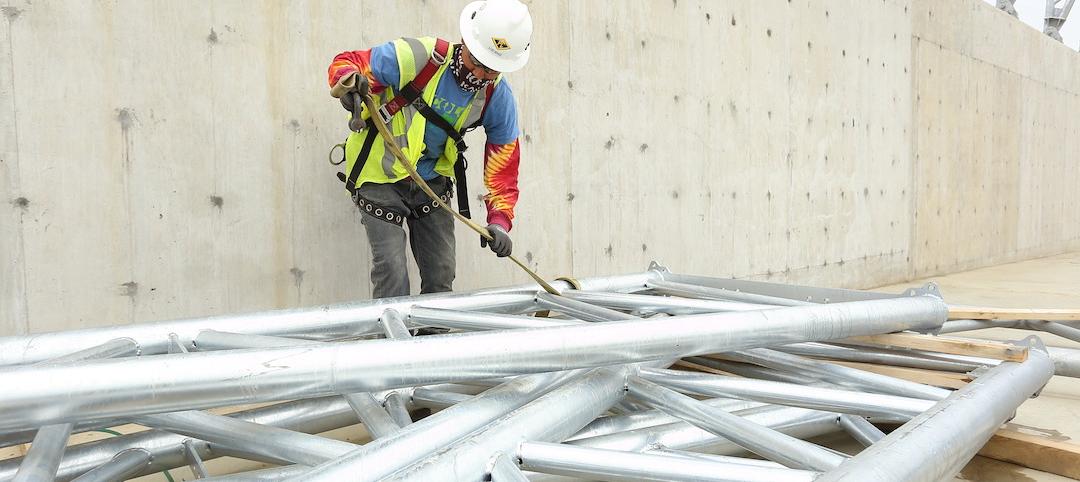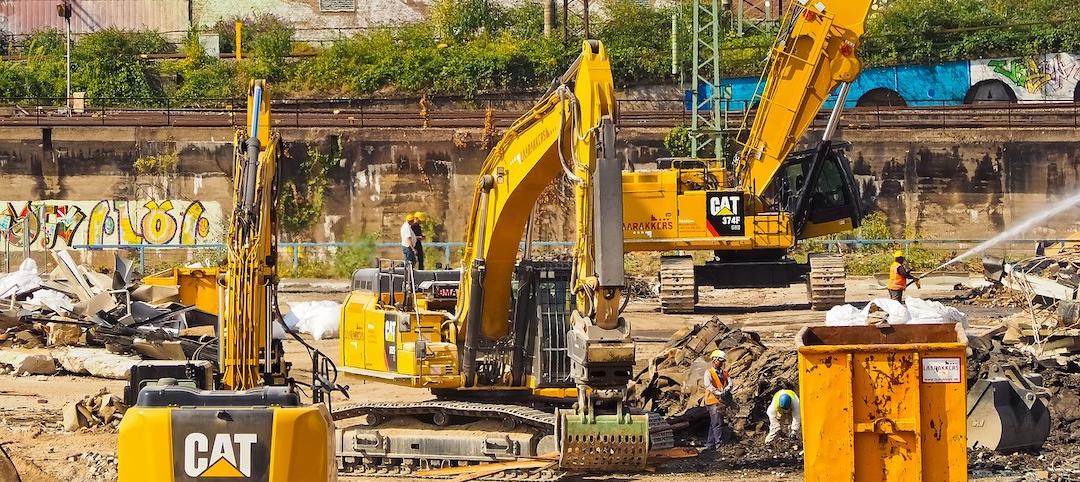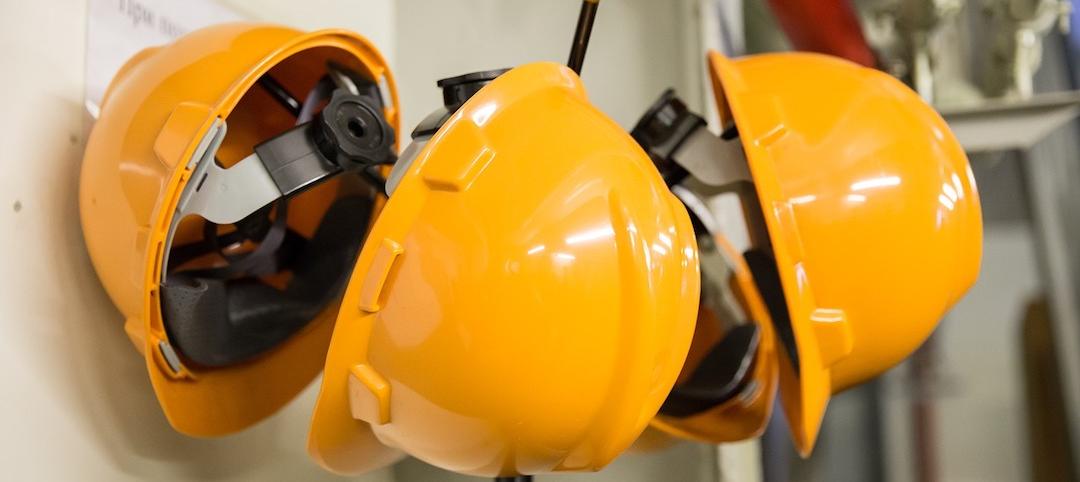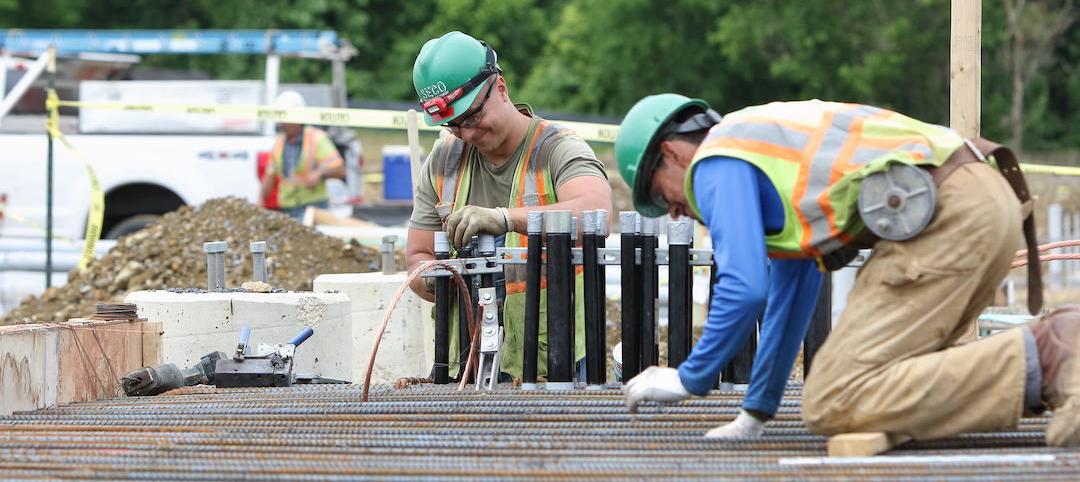Today, the U.S. Green Building Council (USGBC), the creators of the LEED green building rating system, announced the annual Top 10 Countries and Regions for LEED, outside of the U.S. Mainland China topped the list with more than 68 million gross square meters. The list recognizes markets that are using LEED to create healthier spaces for people, as well as use less energy and water, reduce carbon emissions and save money for families and businesses. The top countries and regions account for nearly 7,800 certified buildings and more than 210 million gross square meters of space.
“For the last 25 years, LEED has played a key role in sustainability efforts around the world,” said Mahesh Ramanujam, president and CEO, USGBC and Green Business Certification Inc. (GBCI), the global certifying body for LEED projects. “The Top 10 Countries and Regions represent a global community of dedicated USGBC member companies and green building professionals who are committed to improving our quality of life. A better future requires a universal living standard that leaves no one behind—and that future would simply not be possible without the extraordinary work being done in these countries.”
The list ranks countries and regions in terms of cumulative LEED-certified gross square meters as of December 31, 2018. LEED, or Leadership in Energy and Environmental Design, is the world’s most widely used green building program with 96,275 registered and certified projects in more than 167 countries and territories. The full rankings are as follows:
Ranking Country/Region Number of Projects Gross Square Meters*
1 Mainland China 1,494 68.83
2 Canada 3,254 46.81
3 India 899 24.81
4 Brazil 531 16.74
5 Republic of Korea 143 12.15
6 Turkey 337 10.90
7 Germany 327 8.47
8 Mexico 370 8.41
9 Taiwan 144 7.30
10 Spain 299 5.81
** United States 33,632 441.60
*Gross square meters are reported in millions. Data is reported as of December 2018.
**The United States, where LEED originated, is not included on the list, but remains the world’s largest market for LEED.
LEED is a recognized symbol of excellence around the world and continues to raise the bar in terms of sustainability for buildings, cities and communities. Recently, USGBC introduced LEED v4.1, the latest update to the rating system, and released beta versions for existing buildings (LEED v4.1 O+M), new construction (LEED v4.1 BD+C) and interiors (LEED v4.1 ID+C).
LEED v4.1 emphasizes human health and integrates performance metrics powered by Arc to encourage ongoing tracking. Recent research shows green building will continue growing through 2021. Client demand remains the top reason to build green in the U.S. and occupant health and well-being emerged as the top social factor. Through LEED, USGBC pushes the market toward higher performing buildings that also improve quality of life.
The impact of buildings, cities and communities on people continues to be a priority for USGBC and across industries. In an effort to expand USGBC’s global green building efforts and ensure that LEED is not only the most widely used leadership standard, but also the pre-eminent living standard, USGBC launched the Living Standard campaign. Focused on the belief that storytelling can lead to a more sustainable world, the campaign aims to highlight stories – big and small – that capture how USGBC, LEED and other sustainability programs are raising the quality of life for people around the world. By visiting livingstandard.org, individuals and companies can participate in the campaign and submit stories.
Related Stories
Reconstruction & Renovation | Mar 28, 2022
Is your firm a reconstruction sector giant?
Is your firm active in the U.S. building reconstruction, renovation, historic preservation, and adaptive reuse markets? We invite you to participate in BD+C's inaugural Reconstruction Market Research Report.
Industry Research | Mar 28, 2022
ABC Construction Backlog Indicator unchanged in February
Associated Builders and Contractors reported today that its Construction Backlog Indicator remained unchanged at 8.0 months in February, according to an ABC member survey conducted Feb. 21 to March 8.
Industry Research | Mar 23, 2022
Architecture Billings Index (ABI) shows the demand for design service continues to grow
Demand for design services in February grew slightly since January, according to a new report today from The American Institute of Architects (AIA).
Codes and Standards | Mar 1, 2022
Engineering Business Sentiment study finds optimism despite growing economic concerns
The ACEC Research Institute found widespread optimism among engineering firm executives in its second quarterly Engineering Business Sentiment study.
Codes and Standards | Feb 24, 2022
Most owners adapting digital workflows on projects
Owners are more deeply engaged with digital workflows than other project team members, according to a new report released by Trimble and Dodge Data & Analytics.
Market Data | Feb 23, 2022
2022 Architecture Billings Index indicates growth
The Architectural Billings Index measures the general sentiment of U.S. architecture firms about the health of the construction market by measuring 1) design billings and 2) design contracts. Any score above 50 means that, among the architecture firms surveyed, more firms than not reported seeing increases in design work vs. the previous month.
Market Data | Feb 15, 2022
Materials prices soar 20% between January 2021 and January 2022
Contractors' bid prices accelerate but continue to lag cost increases.
Market Data | Feb 4, 2022
Construction employment dips in January despite record rise in wages, falling unemployment
The quest for workers intensifies among industries.
Market Data | Feb 2, 2022
Majority of metro areas added construction jobs in 2021
Soaring job openings indicate that labor shortages are only getting worse.
Market Data | Feb 2, 2022
Construction spending increased in December for the month and the year
Nonresidential and public construction lagged residential sector.



